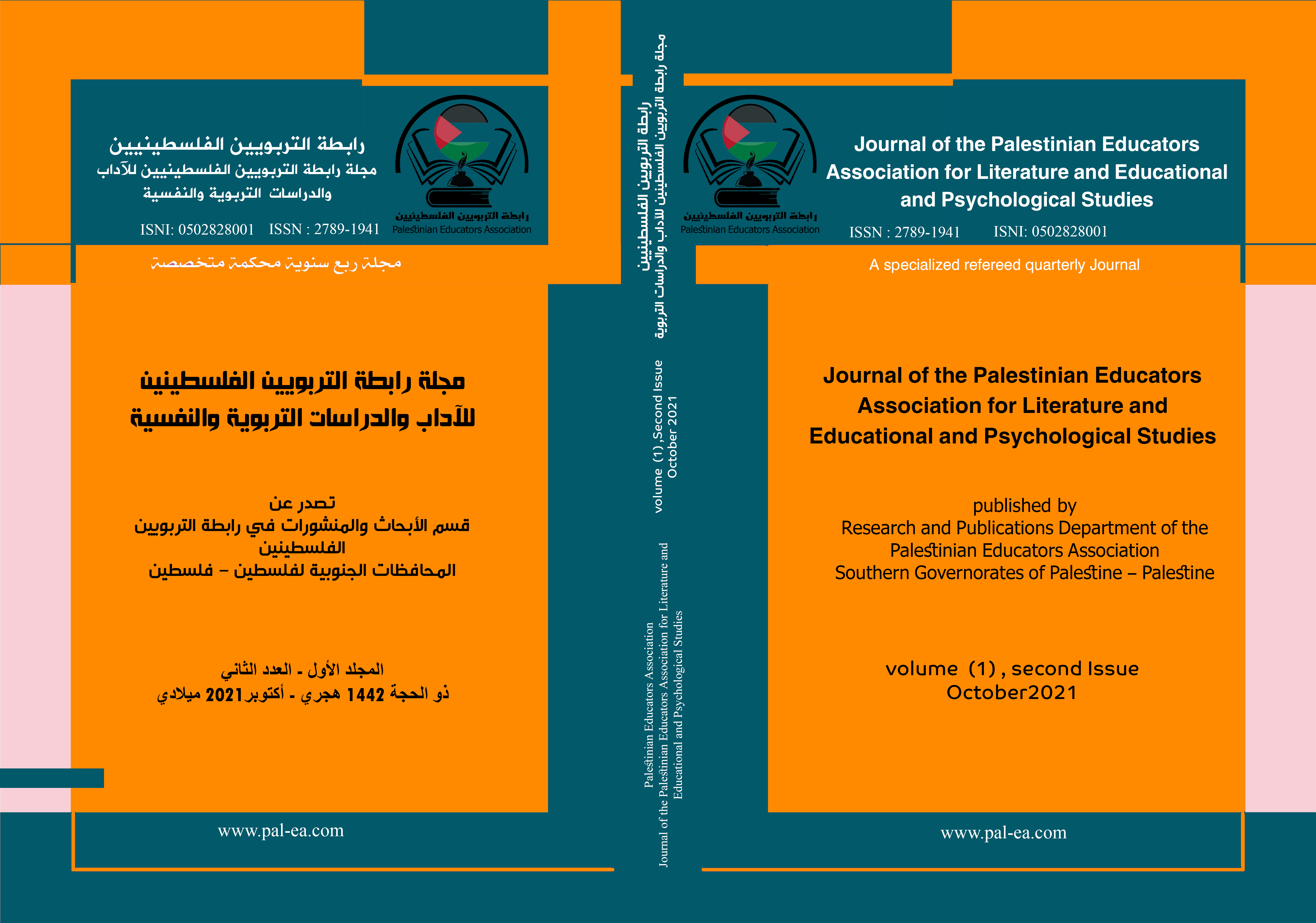The shift in the Baghdad shrine-An analytical study-
DOI:
https://doi.org/10.69867/PEAJ019Keywords:
Shifting - Al-Maqamah - Al-BaghdadiyehAbstract
The Maqama is a prose art that contains the elements of a short story that reflects the social, political, intellectual and literary situation in the Abbasid era, and is characterized by realism and linguistic richness. To the situation in Baghdad, which, due to poverty, has led to trickery and beggary. It reflects the nature of life in the fourth century AH, which was full of political and sectarian turmoil, which led to the occurrence of severe poverty because of which tricks to earn money spread. In this article, the researcher wishes to study this maqam in a stylistic manner, focusing on the deviation that appeared in its semantic and synthetic forms in this maqam.
Downloads
References
المصادر والمراجع
أولاً: المراجع العربية:
الهمذاني، أبو الفضل بديع الزمان، تح: محمد محيي الدين عبد الحميد، دار الطلائع للنشر والتوزيع، ط1، 2011، ص49_ص51.
المراجع العربية الإنجليزية
. Al-Hamdhani, A, edited by: Muhammad Mohiuddin Abd al-Hamid, (in Arabic), Dar Al-Tala’i for Publishing and Distribution, 1st Edition, 2011, pg. 49_p. 51.
Downloads
Published
Issue
Section
License

This work is licensed under a Creative Commons Attribution-NonCommercial-ShareAlike 4.0 International License.
The Journal of the Palestinian Educators Association for Literature, Educational and Psychological Studies
E-issn: 2789-1941
Authors retain Copyright
The Journal of the Palestinian Educators Association for Literature, Educational and Psychological Studies allows Authors retain Copyright and grant the journal right of first publication with the work simultaneously licensed under a Creative Commons Attribution (CC-BY) 4.0 License that allows others to share the work with an acknowledgment of the work’s authorship and initial publication in this journal.
Provided they are the owners of the Copyright to their work, authors are able to enter into separate, additional contractual arrangements for the non-exclusive distribution of the journal’s published version of the work (e.g., post it to an institutional repository, in a journal or publish it in a book), with an acknowledgment of its initial publication in this journal.
Authors are permitted and encouraged to post their work online (e.g., in institutional repositories, disciplinary repositories, or on their website) prior to
and during the submission process.










